Welcome to ReflectivE3
Inclusive Psychotherapy and Counselling that works for you
A calming space to explore what's on your mind, without judgement.
ReflectivE3 therapeutic sessions can be accessed flexibly. Through face-to-face appointments in Bow, east London or UK-wide online/over the phone. Distance or a busy life do not need to be barriers in accessing the support you need.
I draw from a variety of therapeutic models, taking an intersectional feminist approach and understanding that many of these models were not designed with a diverse community in mind, and have previously caused harm to marginalised people. I seek to decolonise the approaches I offer you, and we will work as equals throughout our time together.
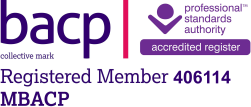
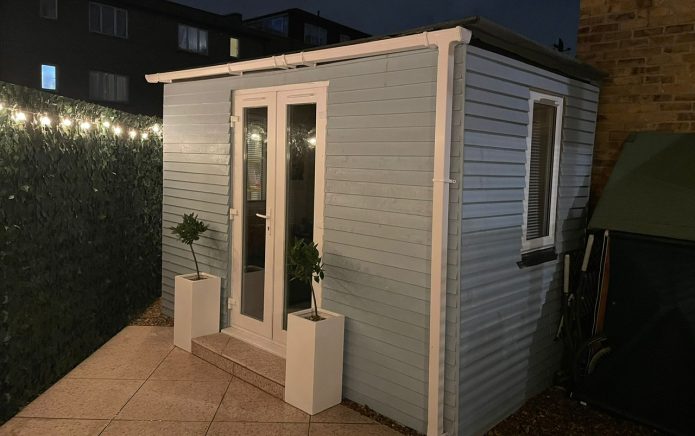
"Thank you again for all your guidance, this therapy has changed the way I think and communicate."
Anonymous, June 2025
Testimonial
"I started counselling sessions with Ellie, having recently come out in my late twenties and was struggling with self acceptance, guilt and many fears and questions about my identity and my future. I found our sessions to be a really safe space to explore those fears and questions without judgement, and unpack some of the beliefs that were holding me back from living more authentically as myself.
Being in my first queer relationship also brought up some challenging situations, and I found that talking those through with Ellie had a really positive impact on my relationship with my girlfriend. I feel our sessions have helped me in developing more self compassion and understanding, and being more confident and accepting of my sexuality and my journey."
Anonymous, March 2024
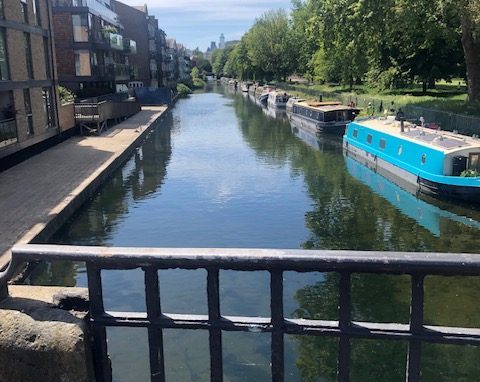
Counselling and therapy in a safe, comfortable and private setting
My profession is Psychotherapeutic Counsellor, MNCPS (Acc). I am a registered member of the National Counselling and Psychotherapy Society (NCPS), and a Registered Member of the BACP (MBACP), adhering to these ethical frameworks.
I work in a pluralistic way, using a variety of therapeutic models.
My areas of specialism include LGBTQIA+ affirmative and creative therapies. I also incorporate hypnotherapy into our work on request.
Prior to becoming a counsellor I worked as a senior communications strategist in the City of London. I bring valuable experiences of writing, mentoring teams and individuals, and leading corporate workplaces into the therapy and client coaching I offer.
Testimonial
"Ellie has been wonderful. It has been helpful to have a protected, safe space to unpack and get curious about my own experiences and thoughts. I would say I'm fairly reflective but it cannot compare to being in a space with someone qualified and exploring together."
Anonymous, January 2024
What can counselling help with?
People come to counselling for support with a wide range of issues. Here are a few of the more common difficulties that can be supported through counselling:
Feelings of stress or anxiety
Intimacy issues
LGBTQ+ sexuality and gender questioning
Relationship issues
Grief, loss or bereavement
Addiction and habits
Trauma and post-traumatic stress
Depression
Building confidence or self-esteem
Anger management
Issues relating to sexuality
Career challenges
Family struggles
Sleep issues
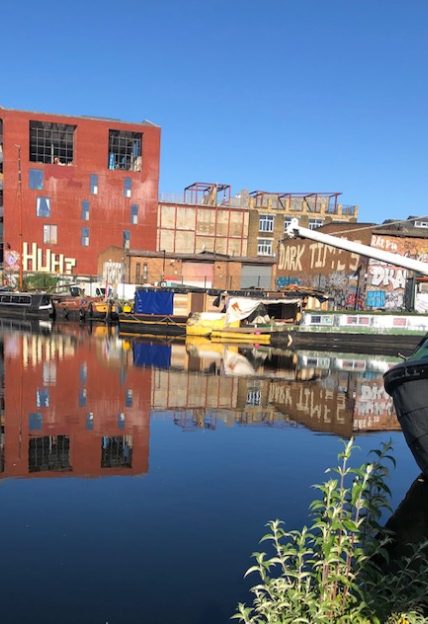
Fees and availability
Therapeutic sessions generally start from £65 and last for 50 minutes. I have a limited number of concession slots available, please ask if you are a student or on a low income. I also take insurance, please check to confirm yours is covered.
For consistency and boundaries, we will usually meet weekly at the same time and day, which can be agreed at the initial appointment.
I encourage all clients to keep regular attendance for the agreed programme of sessions to achieve an optimal outcome. No-shows are chargeable if they cannot be rearranged.
I work in-person, based in Bow, east London and online or by telephone, covering the UK.
We can work together to incorporate specific modalities, and also use creative writing and journalling techniques to facilitate your therapeutic journey.
Get in touch
Feel free to contact me if you have any questions about how counselling works, or to arrange an initial assessment call. This enables us to discuss the reasons you are thinking of coming to counselling, whether it could be helpful for you and whether I am the right therapist to help.
I am happy to talk through any queries or questions you may have prior to arranging an initial appointment.
I am also available to contact via several counselling directories including NCPS, Counselling Directory and BACP . I take Aviva, WPA, CIGNA and Vitality health insurance.
All enquires are usually answered within 24 hours. All contact is strictly confidential.
Testimonial
"I’m so excited to say I did it!!!! Thank you for all the help and support over the last few months leading up to my trip to Las Vegas.
At the beginning of the year I really didn’t think I’d be able to go away at all and now I’ve actually done it. I loved it and would love to go back again too!
I feel really positive and couldn’t have have done this if I hadn’t had our sessions working through my travel anxiety and developing the tools to effectively manage it."
Anonymous, May 2024
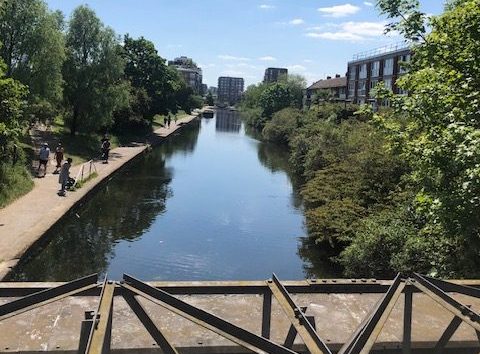
Counselling takes place in a safe space, where you can meet with someone who will listen with sensitivity and empathy - and without judgement. In the therapy space thoughts and feelings can be expressed freely and in confidence.
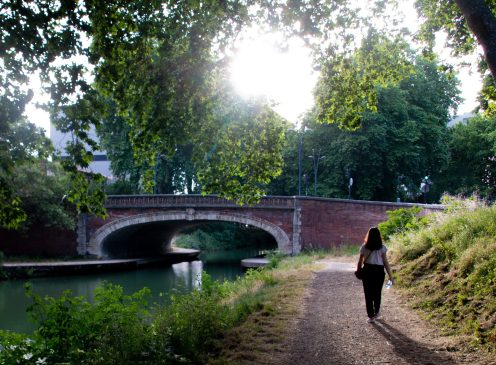
Trouble with a relationship; stress, anxiety or panic attacks; mood swings or depression - many people face difficulties in their everyday lives that can be hard to get on top of. Counselling gives us a set of tools we can use to help gain a better understanding of what’s causing these problems - and how to move towards managing or resolving them.
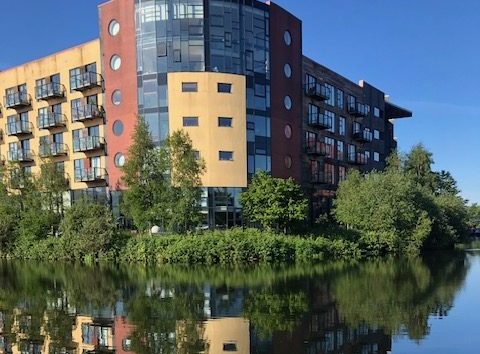
Working together I can help you gain greater insight into the difficulties you are facing, help you understand why you act or react to them the way you do, and see how you can start to make better, heathier choices moving forward.
Some frequently asked questions
Many therapists tend to view Counselling as ‘short-term’ work; when someone has a problem that can be looked at and discussed in a clearly-resolvable way. This work often requires undertaking sessions for a certain number of weeks, to explore, discover and clarify a way forward. Therapy is a word used more to describe ‘long-term’ work; discussion that tends towards substantial issues and things that might be life-changing on a deeper level.
Whether counselling or therapy work best as a short- or long-term option depends on the client though, and the difficulties they are facing. In some cases counselling can prove helpful as a continuing, longer-term option, or therapy can help resolve an issue in just a few sessions.
There’s no fixed or ideal length of time for the counselling process; it varies from person to person and will often depend on the depth of the issues they are facing. While I can work on an open-ended basis with clients, I find it is helpful for us to both agree before we start on undertaking a certian nunebr of sessions and reviewing where we are at once we reach that point. You are able to decide how long your therapy willl last, and in return my aim is to make sure therapy continues for only as long as it is of benefit to you.
This depends on what your needs are. Some people find that after only a very few sessions they have some clarity and focus and are ready to end the therapy. Other people value the ongoing support and relationship with me and will continue to come for weeks, months, or even years. There is no 'one-size-fits-all' when it comes to therapy.
My aim is to offer you a first appointment, known as an assessment session within 1-2 weeks, this is once I receive your completed contract back.
Confidentiality is one of the main ways in which therapy differs from many other forms of helping - for example, talking to friends or family can rarely offer the same degree of confidentiality as talking to a counsellor. Because of this confidentiality, you will find that - as you get used to coming for therapy - you are freer to talk about whatever you wish to.
No therapist can offer 100% confidentiality: there are some situations where the law requires disclosure of risk (e.g. certain child protection issues) and in common with most other therapists, there are some situations where I may not be able to keep total confidentiality. In particular, if someone tells me that they are thinking of harming themselves in a way that I believe puts them at serious risk, or if someone tells me that they are doing something that could put others at risk, I may not be able to keep such information confidential. However, breaking confidentiality is rare, and only happens after talking to the person concerned.
When you come for counselling it's important that you feel free to talk about whatever is important to you. Sometimes, you may not be clear what those issues are. Having a friend or family member with you is not usually helpful because they may have their own agenda for you. Even if this is just that they want to be supportive, or want you to 'get better', this agenda can prevent us opening issues up. When you come for therapy, you may need to explore thoughts or behaviours about which you feel ashamed or embarrassed and you may censor yourself so as not to hurt someone, or you may find that what they want you to talk about is not really what you need to discuss.
Sometimes, family/friends can even be part of an underlying issue which needs to be aired and discussed. Usually, people who ask this question are nervous about coming for a session alone, or they are anxious for the person who is thinking about arranging sessions. This anxiety is quite normal, and you will not be forced to talk about anything you feel uncomfortable about - but you do need to be able to talk about whatever is important. For this reason, I do not see clients accompanied by friends or family.
© Ellie Rowland-Callanan
powered by WebHealer
